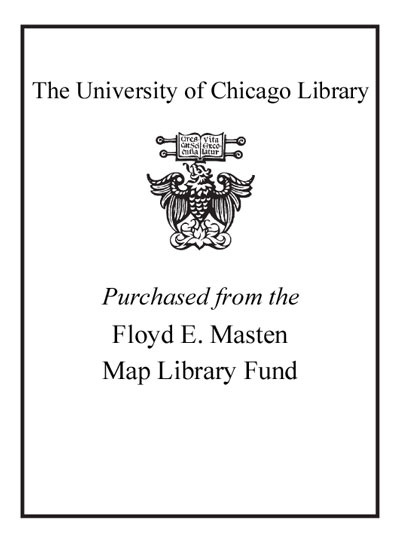Review by Choice Review
Spenser uses new documentary evidence to explore why the Russian Revolution did not greatly affect the direction of the 1910 Mexican Revolution. Investigating intelligence records, Spenser explores government policies, political parties, and intellectual groups to develop this explanation, which presents changed views over the time period analyzed. Mexican elites initially thought that the Russian experience would facilitate revolutionary change in Mexico. However, after the mythic qualities of the Russian Revolution faded, Mexican intellectuals found less to promote. By the 1920s the Russian relationship became more a statement of national autonomy than a revolutionary model. And after 1928 the Mexican government became more sensitive to subversive activities sponsored by Soviet Russia and more hostile to Soviet funding of the Mexican Communist Party. Mexico broke diplomatic relations with Soviet Russia in 1930. The contradictions in the Mexican-Soviet relationship that this break represented are the primary foci of Spenser's work. Specialists as well as general readers will find The Impossible Triangle a well-researched and interesting book. D. Baldwin; University of Arkansas at Little Rock
Copyright American Library Association, used with permission.
Review by Choice Review

